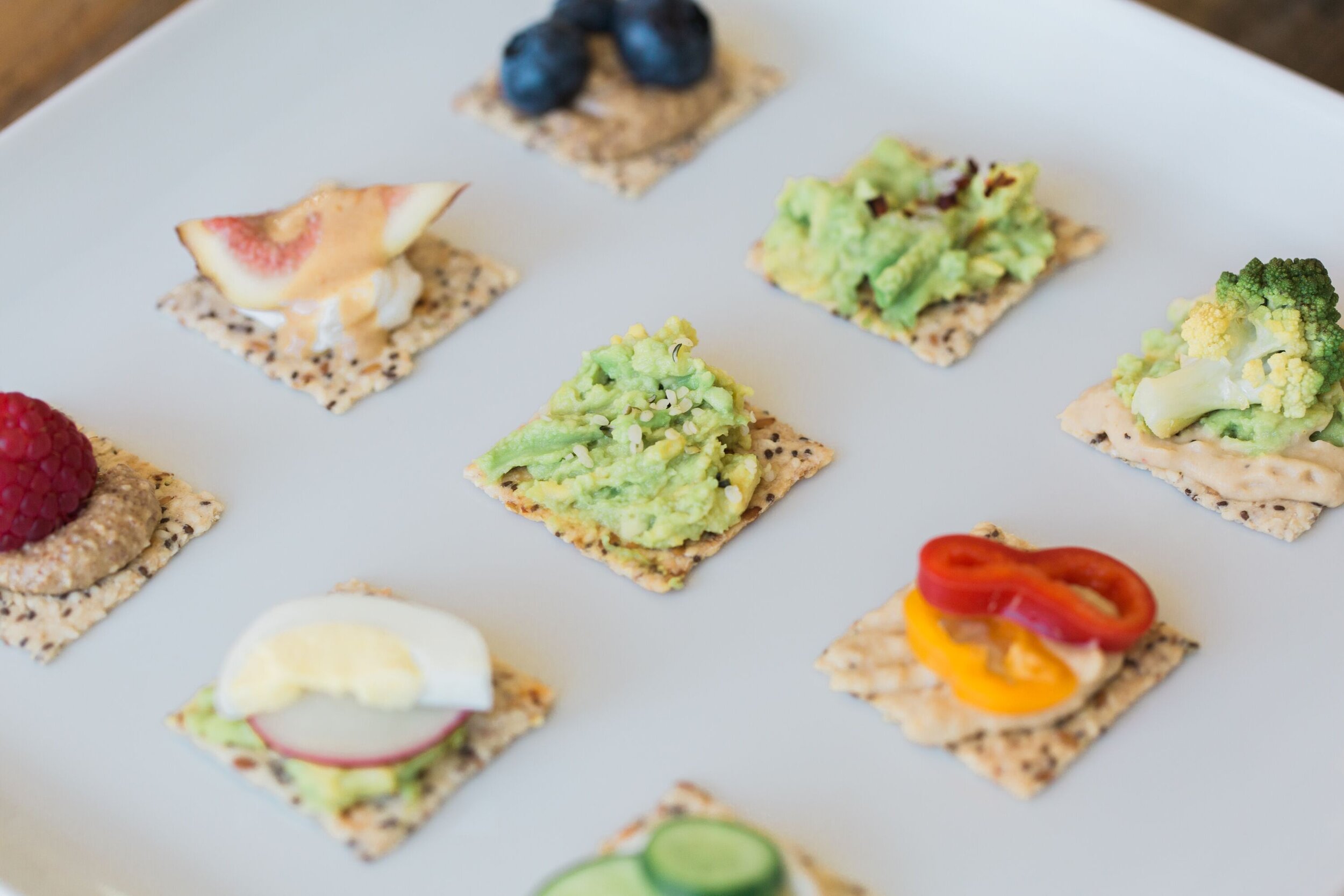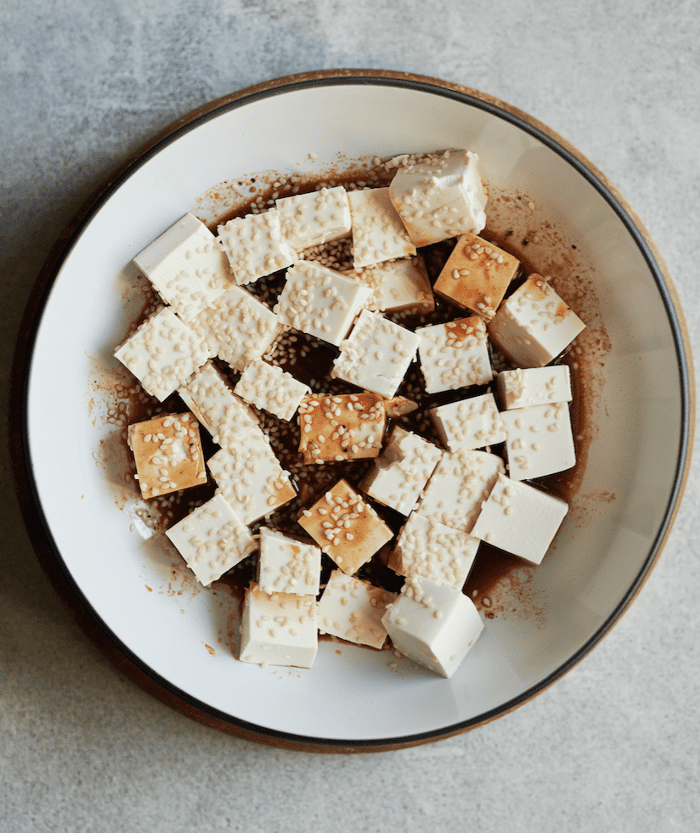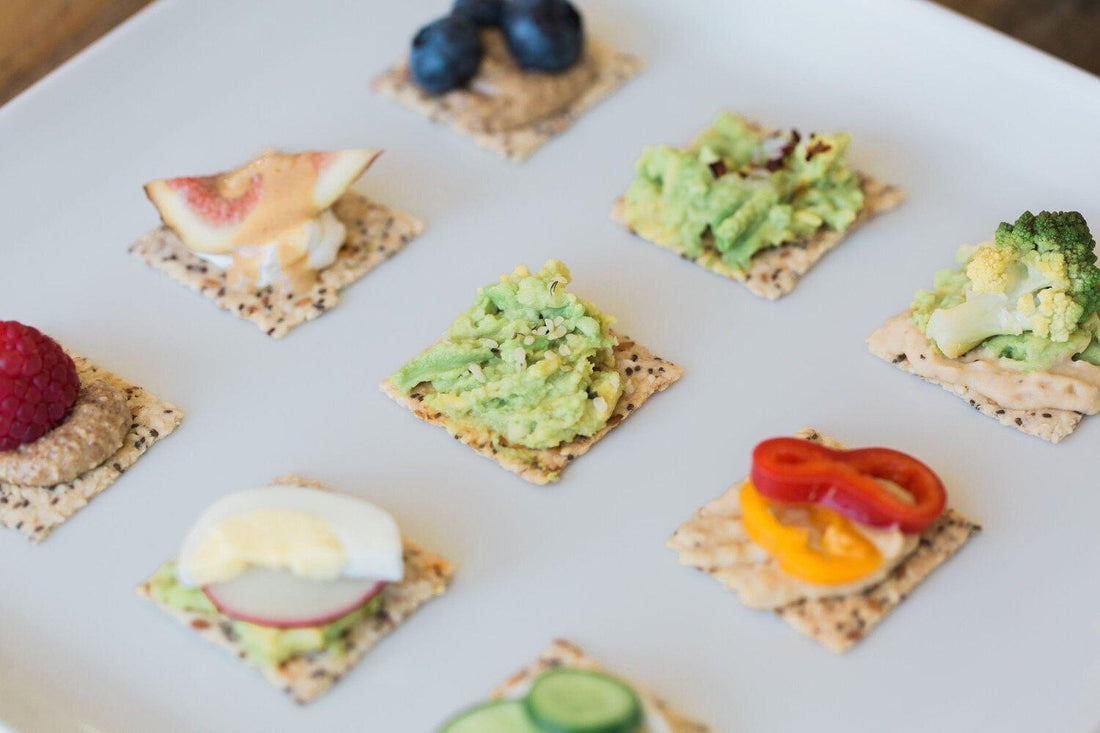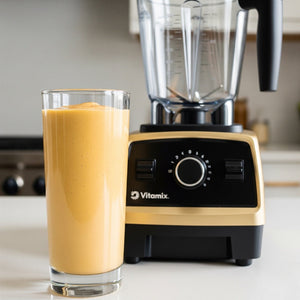
Optimize your shopping trip by removing these 5 ingredients from your grocery list.
Parabens became taboo some time ago, and the beauty product list of no-no ingredients has been growing ever since. Food labels, on the other hand, remain somewhat uncharted territory. Sure, if you’re a clean-eating, whole food–devoted health nut, food labels don’t even concern you. But for the other 99.99% of the population, we encounter unknown ingredients on a regular basis. So continue to eat clean as much as you can, stock up on healthy essentials like Organic Virgin Coconut Oil ($14) and Organic Raw Apple Cider Vinegar ($7), and avoid these preservatives when grocery shopping.
Take a closer look

Isoflavones
Isoflavones are estrogen-like compounds found in soy foods that can cause reproductive problems, weight gain, and fatigue. Research has shown that isoflavones can prevent ovulation and stimulate cancer cell growth. Not only is soy harmful to your reproductive system, but it’s also bad for your skin. It’s full of phytoestrogens that can cause breakouts—these hormonal blemishes occur around the mouth and jawline.
Carrageenan
Carrageenan is found in both almond and coconut milk and used as a food thickener or stabilizer. Studies suggest that an increase in exposure to carrageenans can cause intestinal inflammation and lead to digestive problems. While the harmful evidence is not overwhelming (yet), it’s best to avoid carrageenans and double-check the label when buying non-dairy milk.
Monosodium Glutamate (MSG)
Avoid it! This additive ingredient in processed and fast foods is meant to add flavor but masks the true taste of the food. MSG is part contaminants and manufactured chemicals and part glutamate (a form of the amino acid glutamic acid). Glutamate is essential for cognitive function; it acts as a stimulant and signals the messengers in our brain cells to communicate. However, free-bound glutamate ingested in abundance, such as in foods with MSG, can overexcite the nervous system and cause headaches, migraines, and inflammation. The best way to avoid MSG is to shop the perimeter of the grocery store and avoid any prepackaged, extra-salty snacks.
Guar Gum
A by-product of the guar bean, guar gum has raised concern due to its prevalence in canned coconut milk. Studies report that consuming guar gum may result in gastrointestinal side effects such as increased gas and abdominal discomfort. If you have digestive issues, removing guar gum from your diet may improve these symptoms.
Chemicals With Estrogenic Activity (EA)
Found hiding in bisphenol-A free plastics—yes, BPA-free plastic—these chemicals bind to estrogen that is naturally occurring in the body and, in effect, increase the amount of estrogen in the bloodstream. Medical research suggests that an increase in estrogen can interfere with your libido and reproductive organs and even result in weight gain. Plastic water bottles exposed to heat and sunlight are prime sources of EA chemicals, so think twice before leaving a water bottle to bake in your car. Or, better yet, opt for reusable glass bottles to avoid these harmful effects, and be more sustainable while you're at it.
Article by Kelly LeVeque originally published on Byrdie: 5 Things Nutritionists Never Buy at the Store





